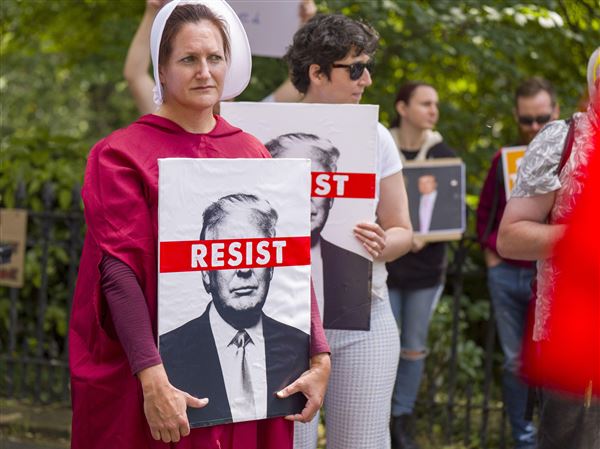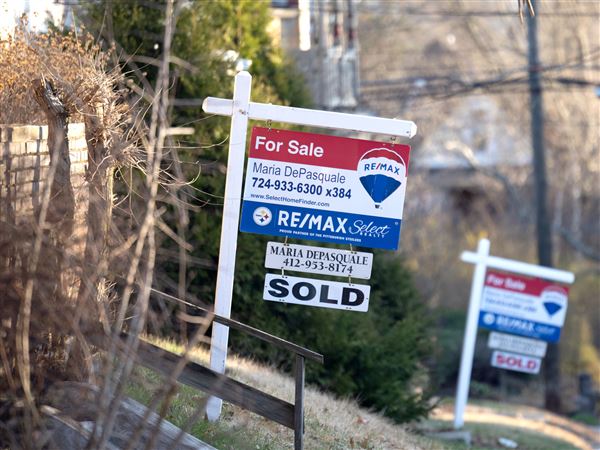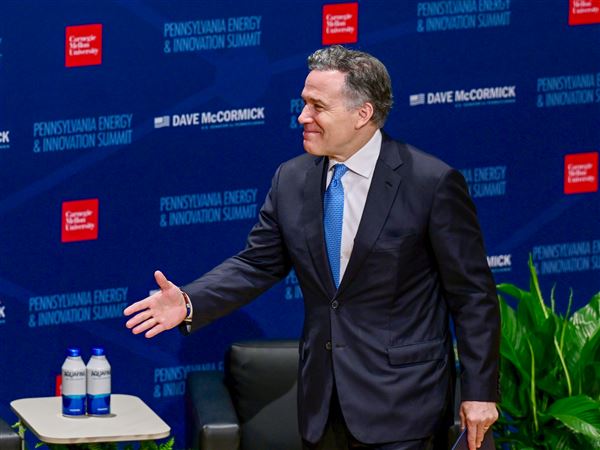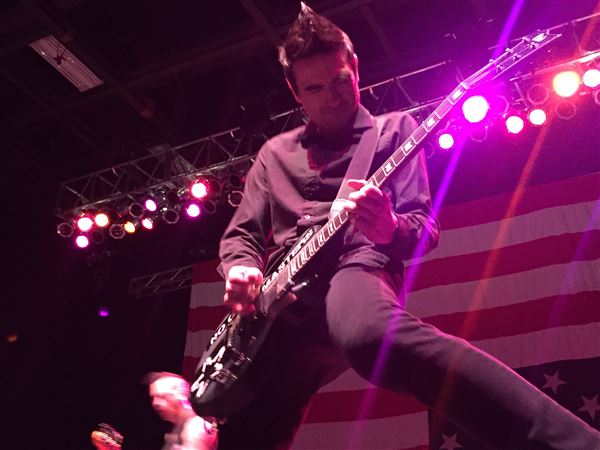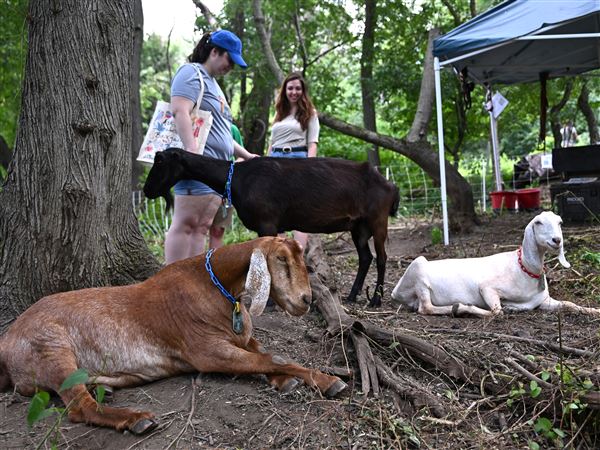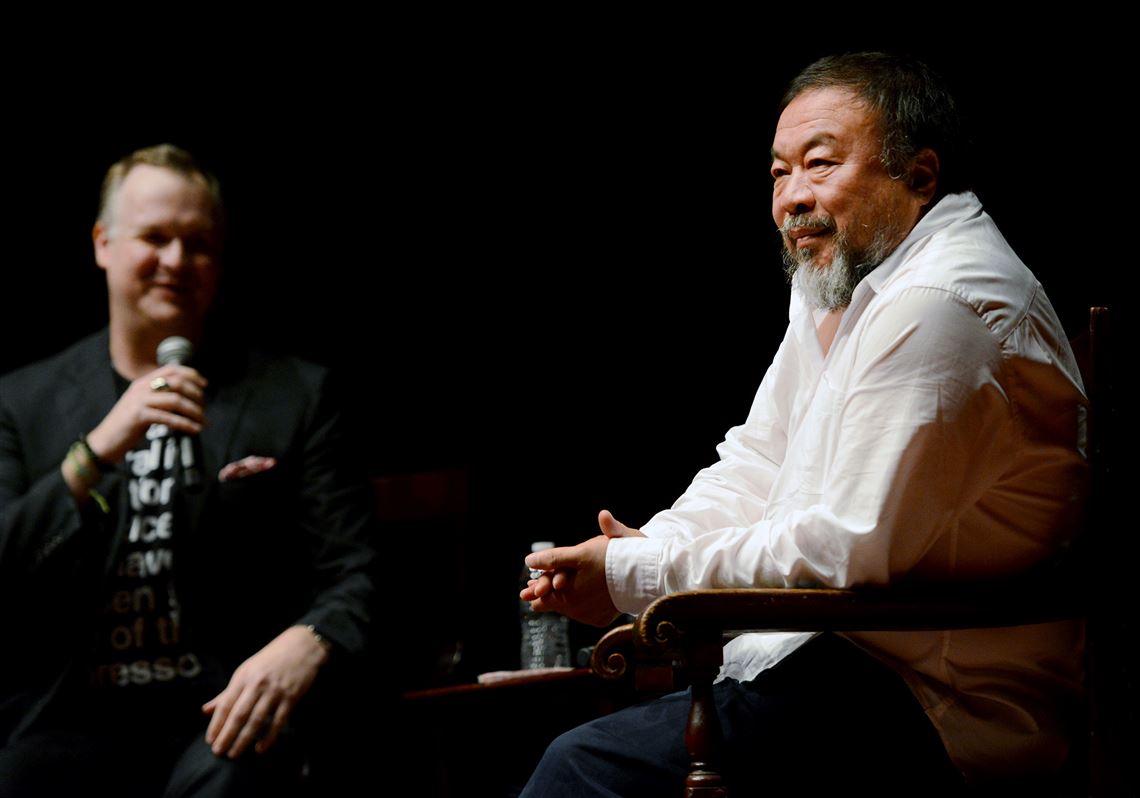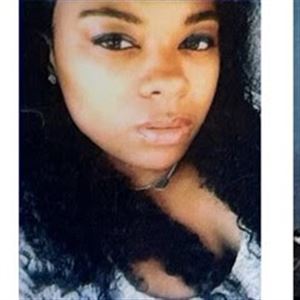Chinese artist and activist Ai Weiwei spoke in broad terms in an interview Friday morning about his evolving role from artist-dissident in China to a symbolic global conscience that prods the vigilant defense of human rights.
Mr. Ai, who was visiting Pittsburgh for the first time, spoke highly of the city. On Thursday, he made his first U.S. public appearance here since his passport was returned to him by Chinese authorities in July.
“There are so many tragedies and so much uncertainty in our world today,” he said, that one may become apathetic about the future. But he was refreshed by the dedication to progress that he encountered here. “The people reflect some of the [best] American values — honest, caring, very generous, very liberal. People are taking good care of things. These efforts can be seen clearly. The city was a power 100 years ago and it still can renew itself. It gives hope that humankind can evolve.”
But he cautions that nothing is a given.
“Freedom only comes from the struggle. Liberty is about the fight. We often forget that in prosperous times.” Mr. Ai, who is 58 and doesn’t mince words, warning of a deteriorating humanity aided by people who do not speak out and equating such neglect with having been corrupted.
His concerns extend beyond abstract societal fundamentals to individuals, a driving force of his work.
He lived in New York City for a decade, returning to Beijing in 1993 when his father became ill. There he championed contemporary and experimental art and received international recognition as a contributor to the design of the fabled Bird’s Nest stadium of the 2008 Beijing Olympics. He fell from grace, however, when he later criticized the government for courting foreigners while continuing human rights abuses at home.
In 2009 he was beaten by police who prevented him from testifying at a fellow activist’s trial, suffering head injuries that required surgery later in Germany where he was installing an exhibition.
He gained more notoriety with exhibitions at home and abroad that challenged the lack of Chinese government ‘s transparency about the loss of 5,212 children who died during the 2008 earthquake due to substandard school construction. This led to his blog being shut down by authorities and the posting of surveillance cameras around his home and studio.
In 2011 Mr. Ai disappeared and was held by police for 81 days before being released to house arrest in Beijing without his passport. He said that authorities told Western media that he was charged with tax fraud but “in reality I was never charged.” Many view the charge, which included an order to pay the equivalent of $2.4 million in back taxes, as an ungrounded political action.
Mr. Ai said that the reason for such a huge fine was to discourage an appeal, which requires upfront payment of half the money. When word got out people began sending unsolicited donations, some attached to paper airplanes and flown over the wall of his compound. “We received nine million donations within a week. It was revolutionary. It taught the government how many people were watching.” Although the requisite money has been paid Mr. Ai has not been given his day in court. “But still, the authorities haven’t tried to collect the rest of the money.”
Protestations by arts and human rights organizations around the world presumably contributed to Mr. Ai’s re-surfacing, but, he allows, that even with international eyes on Beijing his continuing activity is dangerous and he could be put into detention or “disappear” again.
Asked why he continues, he shrugs and says somberly: “I believe what I believe.”
His late father, the esteemed poet Ai Qing, was exiled to labor farms in 1958, when Ai Weiwei was a year old, and was also persecuted during the Cultural Revolution. The artist tells in the 2012 film “Ai Weiwei: Never Sorry” of witnessing his father being beaten with a gun and having calligraphy ink splattered across his face. “These are experiences I can never erase,” he told the filmmaker.
“I think poetry is so important,” he said Friday. “[It can uniquely] lift us up from the daily struggle. This is a very special quality that a human can have, to use our imagination to create something in our mind to identify ourselves with a kind of higher standard even in difficult times. Often poetry comes from dark deep areas.”
The reach and breadth of his art is vast, even within contemporary models, embracing a range of media and style, from installation to photography, from conceptual to poetic.
Asked how he prioritizes projects he said, “I think I’m always prepared, in a constantly alert state. Prioritizing is a judgment. What is the reason to do this, do that? I’m led by my understanding of the society or politics.
“All of our effort is to try to be part of the past and part of the newborn. We try to integrate ourselves into the infinity of life itself. The universe is a mystery and a gift. Every second of it is capricious. People die of tragedy and of normal causes. People are born as the result or love or a mistake.
“Art tries to have a deeper understanding of color, of our sensitivity, our rationality, ultimately who we are. What is the real mystery and what matters. My conclusion is we are one humanity. If anyone is being hurt, we are all being hurt. If anyone has a joy, that’s our joy.
“Be more involved. Take responsibility. Do what you should do. You may help and you may not help. But your intentions will be expressed. Provide yourself opportunities at the same time you provide opportunities to others.”
The occasion for Mr. Ai’s visit was a discussion at Carnegie Music Hall in Oakland with Eric Shiner, director of The Andy Warhol Museum, presented in conjunction with exhibitions of Mr. Ai’s work at The Warhol and at Carnegie Museum of Art. He spoke Thursday to a sold out audience of 1,884 about his life, artwork and comparisons with Warhol, the subject of that museum’s exhibition.
Mr. Ai arrived here, via his Berlin studio, from his most recent project documenting Middle Eastern refugees on the Greek Island of Lesbos.
He said his ongoing project to document and archive the refugee experience has already reached beyond Lesbos and he plans to extend it to other regions of conflict where populations are persecuted.
“It is a tragedy,” Mr. Ai said. “The women and children should not be in that condition. The fact that they are placed in that condition means that we are in trouble. It’s tragic that they are victimized, and also that we let them be victimized.”
M. Thomas: mthomas@post-gazette.com or 412-263-1925.
First Published: June 5, 2016, 4:00 a.m.

